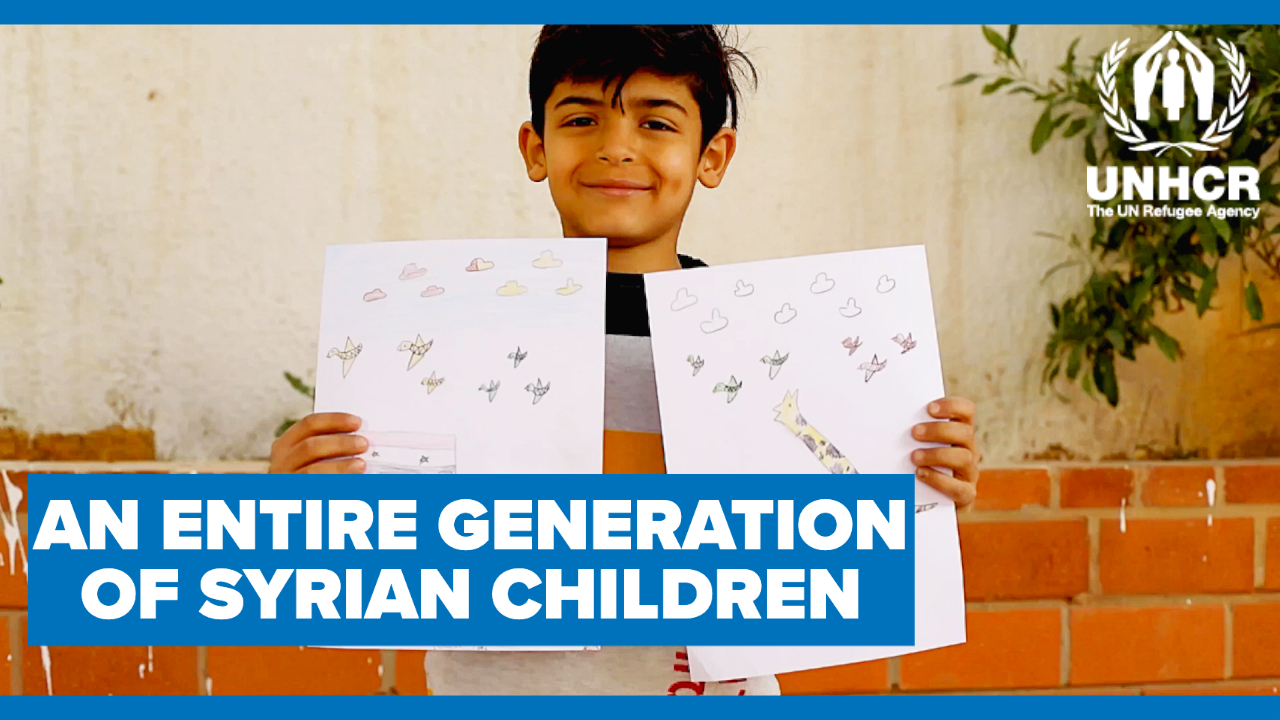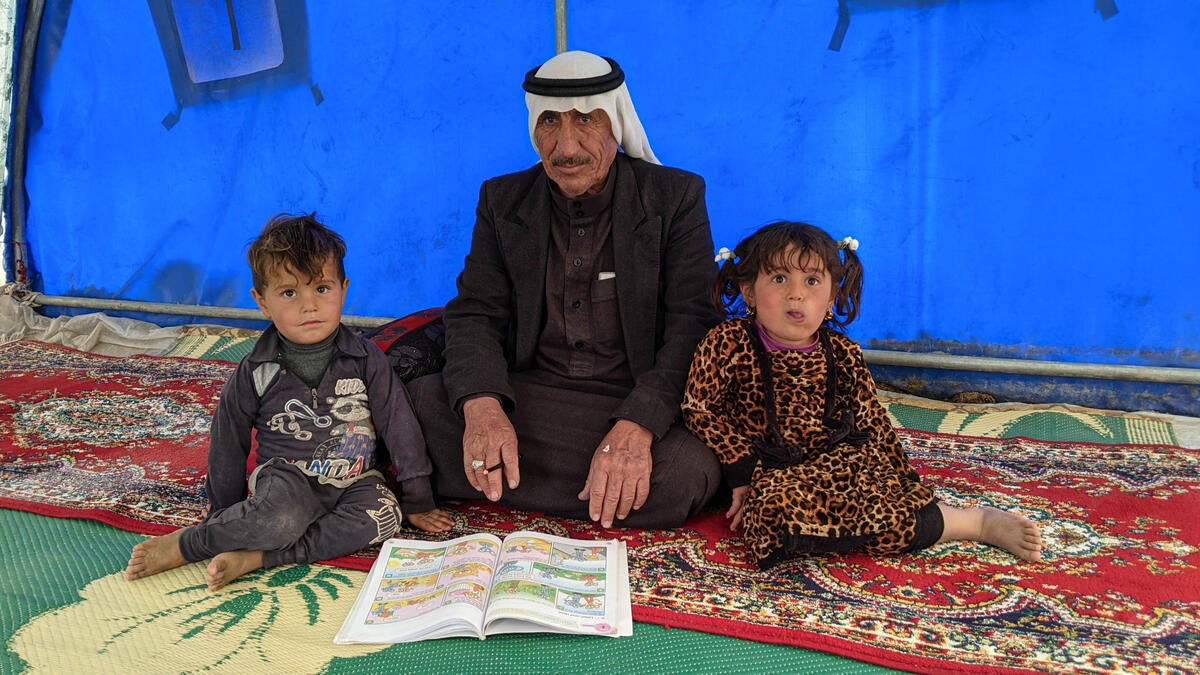UNHCR protection concerns for Iraqi asylum seekers
UNHCR protection concerns for Iraqi asylum seekers
22 April 2003
GENEVA - The United Nations High Commissioner for Refugees today expressed serious concern after dozens of Iraqi refugees, including children, were removed from a refugee camp in Syria and taken back to Iraq.
UN refugee agency officials in Syria reported that Syrian security forces on Monday entered the El-Hol camp in north-eastern Syria and removed 32 Iraqi refugees of mixed gender. The group, which also included 23 children, was reportedly taken to the Iraqi side of the border. The move follows a similar incident on April 13 when 12 persons were taken out of the camp and transported back to Iraq. Both groups were residents of the Iraqi city of Tikrit - a stronghold of Saddam Hussein's regime.
UNHCR said Syrian authorities cited "security concerns" when asked about the reasons for the move. The agency said it appreciated the host nations' security concerns and the pressure they were under not to give sanctuary to Saddam Hussein loyalists. But UNHCR stressed that this does not remove legal obligations to give safe haven to asylum seekers and refugees.
"We are aware of the complexity of the situation, but we insist that the basic norms of international refugee law, including exclusion criteria, be observed by all concerned parties," said High Commissioner Ruud Lubbers.
Under its so-called "exclusion clause," the provisions of the 1951 Refugee Convention do not apply when there are serious reasons for considering that an individual has committed a crime against peace, a war crime or a crime against humanity; has committed a serious non-political crime outside the country of refuge prior to admission; or has been guilty of acts contrary to the purposes and principles of the United Nations.
UNHCR also said it was worried about an estimated 1,000 refugees and other desperate residents of Iraq who have been stuck in no-man's land between Iraq and Jordan. On Monday, 94 persons from the group, mostly Palestinians with Jordanian spouses, were permitted to enter UNHCR's refugee camp at Ruweished. Several dozen other Palestinians are expected to be allowed into Jordan today.
But the bulk of the group remain in no-man's land in increasingly difficult conditions. The vast majority of them are Iranian Kurds who have fled the Al Tash refugee camp over the last week. Before the war, Al Tash sheltered more than 12,000 Iranian Kurdish refugees, many of whom have lived at the camp for two decades. Fifty-eight other Iranians recognized as refugees by several European and North American countries and Australia also remain in the no-man's land area.








